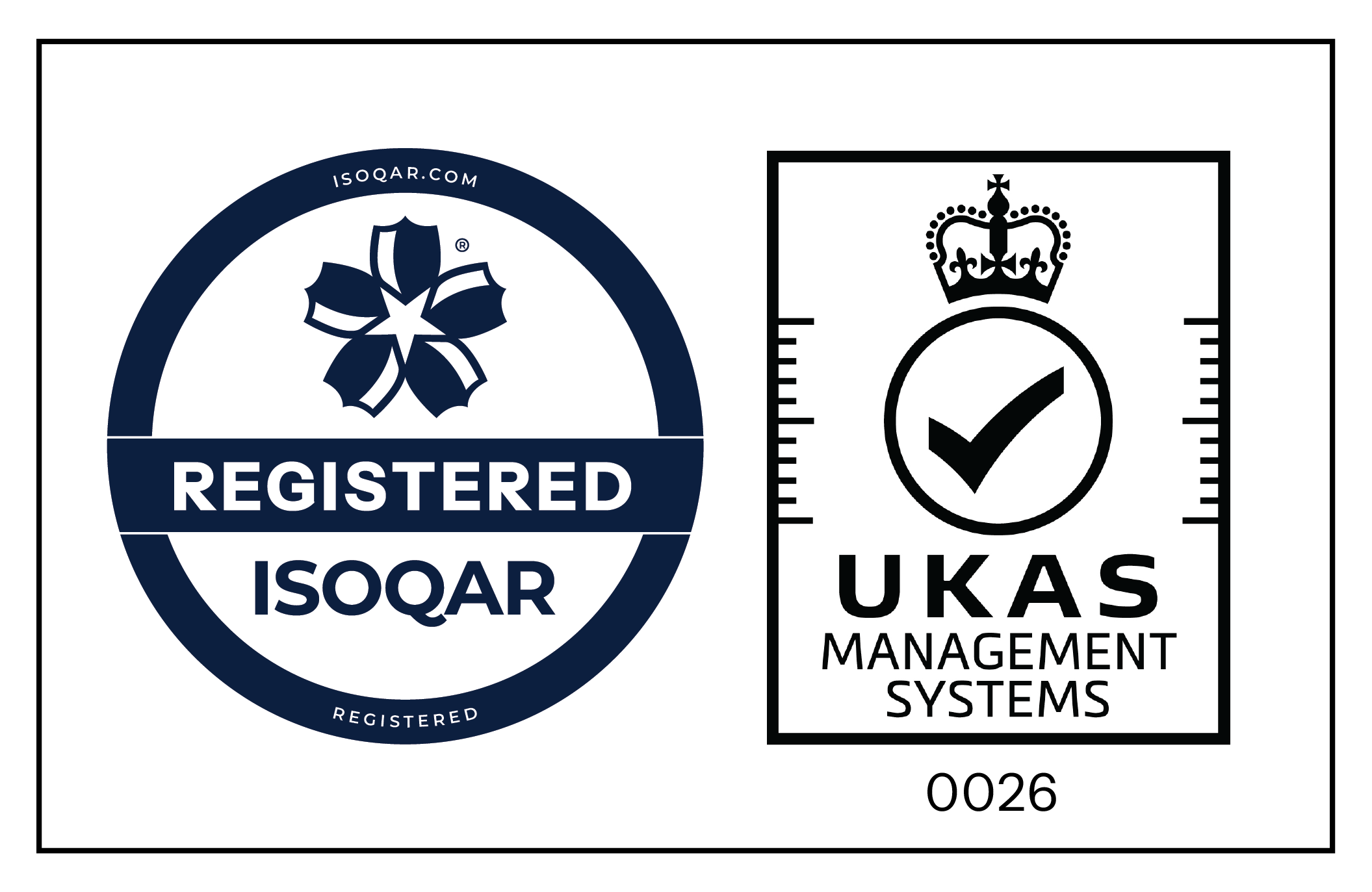Evictions: what's changing from 24 August?
August 18, 2020
Category: News
The current stay on the enforcement of possession orders, which took effect on 27 March 2020 in response to the Covid-19 crisis and subsequent lockdown, is due to be lifted next week. As one of the leading High Court Enforcement Offices in England and Wales, the company sheds some light on the key changes and clarifies which restrictions will remain in effect.
Ending the restrictions on residential and commercial evictions will offer welcome relief to claimants prevented from exercising their right to possession and also to occupants who rely on enforcement action to gain access to better suited accommodation. The latter may seem surprising, but we have actually had a number of enquiries from defendants asking if we can evict them before the stay is lifted, as the housing office has found them new accommodation. If they leave before we arrive, they are deemed to have voluntarily left the address, which may impact their right to social housing.
14-day notice period
The new procedures, which will take effect when the current restrictions end on 24 August, will see rule 83.8 amended to align the eviction procedures using a High Court Writ of possession to those under a County Court Warrant of possession. This will entail a notice of eviction being delivered to all defendants and any other occupiers not less than 14 days before the Writ is executed.
The notice of eviction must be in a sealed transparent envelope and delivered by either inserting it through the letter box or by attaching copies to the main door, stakes or some other part of the land so that it is clearly visible. It is worth noting that Royal Mail service of a transparent envelope is unlikely to be GDPR compliant.
There will be a notable exception for trespassers who have never had a right of occupation. The court may also dispense with, extend or shorten the notice period.
"We welcome and embrace this amendment that will ultimately level the playing field within the civil enforcement sector. Our own policy has always been to give notice where there are no aggravating factors such as a failed County Court eviction or an eviction halted by the presence of protestors," explains Alex Hill, Property Services Director at Andrew Wilson & Co.
In the days preceding 27 March 2020; when the Master of the Rolls suspended all evictions, the benefit of our notice was already felt by those most in need.
For example, on 11 March 2020, a defendant reported he had tested positive for Covid-19 and was instructed to remain in isolation for at least seven days. The enforcement was postponed until we could verify this information and it was later confirmed to be correct.
Also, a single mother whose four-year-old daughter began to experience symptoms on 16 March was able to contact us and postpone her family's scheduled eviction. Our swift intervention and engagement with her local housing office was enough to keep the family in accommodation throughout the pandemic. The defendant is eagerly waiting for the stay to be lifted so she can move her family to more suitable accommodation.
This does not apply to Trespassers
After the practice direction came into effect, it was later amended on 20 April 2020 to exclude trespassers who had never had a right of occupation. Assumingly, this exclusion was erroneously forgotten within the original PD and brought salvation to a number of landowners with unauthorised encampments, squatting and illegal fly-tipping taking place on their land.
This amendment was particularly crucial for one of our local authority clients whose land was being used to store PPE equipment for the NHS at one location, and at another, the land was being used by the military to carry out Covid-19 testing. Two separate unauthorised encampments arrived on these sites within the space of a week. Without the amended legislation, the availability of testing and PPE would have ultimately reduced.
Other restrictions still in effect
A series of separate legislation was passed and amended to prevent enforcement at a residential premise before 24 August, as well as forfeiture pursuant to a financial breach before 1 October and the exercising of Commercial Rent Arrears Recovery (CRAR) where the tenant is less than 189 days in arrears. The latter two will remain in force after 24 August.
These amendments have caused some confusion, as Alex explains: "The Taking Control of Goods regulations were initially amended to prevent landlords using CRAR unless at least 90 days' rent had become due. This led to great confusion in the legal sector as a number of firms initially reported that the rent must be in arrears for 90 days as opposed to 90 days of rent arrears."
CRAR (introduced in 2014 as a replacement for distrain) had always been an unpopular choice for landlords and solicitors for a variety of reasons, including the requirement to give notice to the debtor and the waiver of the right to forfeit. With the second obstacle removed, we saw an increasing number of landlords turning to CRAR as a means of recovering rent. Our Enforcement Agents reported many businesses to be closed and a range of tactics being adopted by non-paying tenants.
For example, we attended a furniture business whose sole director claimed that she was unable to pay rents, due to all of the assets being sold to a business owned by her husband. It was established that the debtor company had gifted a Covid-19 business interruption loan to her husband to enable his company to acquire the debtor company’s assets and assumingly evade their creditors.
We attended on another business who sought to pay just a few days' rent across their entire portfolio of leased units, to bring the net period of arrears below 90 days. Another household retailer, who have been trading throughout the entire pandemic believed that as an essential retailer, they did not have to pay their rent due.
On 24 June, the minimum amount of net rent arrears was increased to 189 days; presumably to tie in with June's quarter becoming due. The amendments to the legislation coupled with the forfeiture moratorium are likely to see something of a judgment day on 1 October.
We will update you further on this and other changes in due course. In the meantime, please do not hesitate to contact Alex and the Property Services team here at Andrew Wilson & Co, if you have any questions. Email property@andrewwilsonandco.com or call 0208 161 9670.








